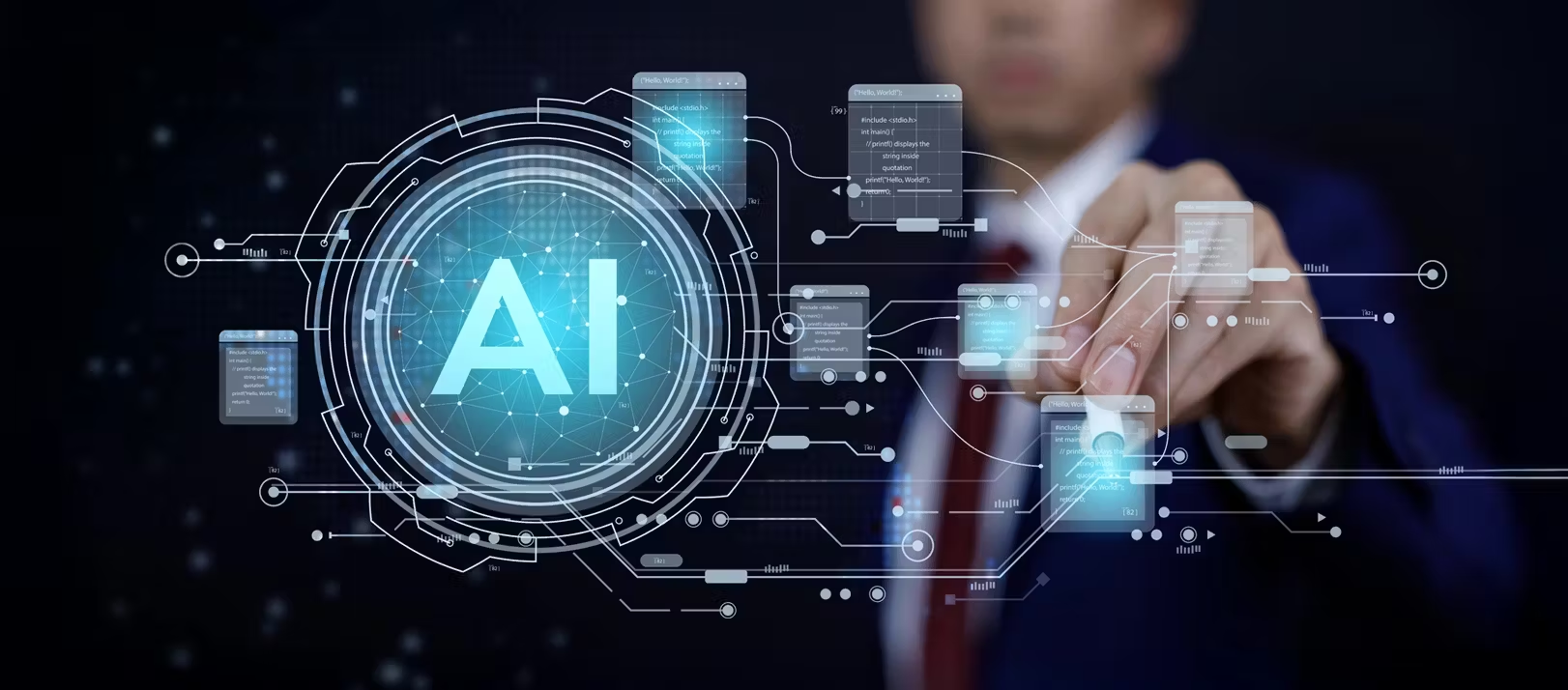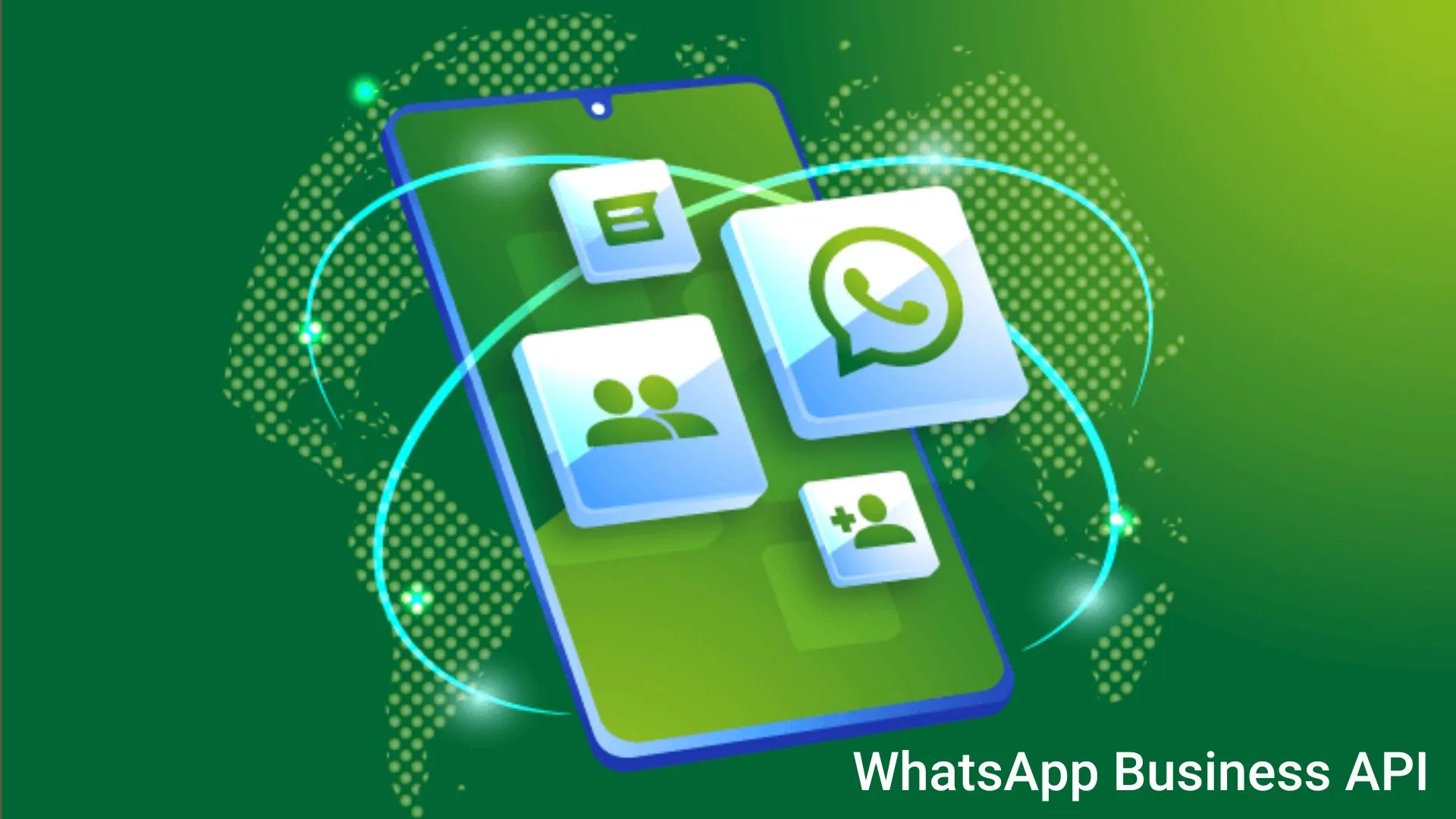Artificial Intelligence (AI) is no longer a futuristic buzzword — it’s here, embedded in everything from our email inboxes to the ads we see online. In 2025, AI is revolutionizing how businesses approach marketing, offering tools once exclusive to large enterprises now accessible even to solo entrepreneurs and growing SMBs.
But amid the hype, myths, and shiny promises, what’s the real deal? What should SMBs in India, the US, and beyond truly understand about AI in marketing — and how can they leverage it without getting lost in jargon or over-engineering?
Let’s cut through the noise.
What AI in Marketing Really Means
AI in marketing refers to the use of machine learning, natural language processing (NLP), predictive analytics, and automation to analyze data, optimize campaigns, personalize content, and enhance decision-making.
Think of it as having a super-assistant that:
- Knows your customers better than you do.
- Can test hundreds of ad variations in minutes.
- Sends emails at the exact time users are likely to open.
- Writes copy, generates images, and even builds landing pages.
- Spots patterns in customer behavior to prevent churn or drive upsells.
But here’s the truth: AI is not magic. It’s a tool — powerful, yes — but only when used with clarity and purpose.
Why SMBs Should Pay Attention
Large enterprises have full-fledged marketing teams, CRMs, and data scientists. But SMBs? You’re juggling content creation, sales, support, invoicing — and often without dedicated resources.
That’s exactly why AI matters more for SMBs. It helps you:
- Do more with less.
- Automate repetitive tasks.
- Compete with bigger players without needing a million-dollar budget.
Whether you’re a boutique store in Jaipur or a local real estate agency in Chicago, AI tools can help you work smarter and connect better with your audience.
5 Real Use Cases of AI in SMB Marketing
1. Smart Content Creation
AI writing tools like ChatGPT, Jasper, or Writesonic help SMBs generate blog posts, email copy, social media captions, and ad text — fast.
Example: A handmade soap brand in India can generate weekly skincare tips for its blog in minutes. A small SaaS startup in Texas can draft email nurture sequences based on customer pain points.
Pro Tip: Use AI to create drafts, then humanize them for tone and brand voice. Don’t just copy-paste.
2. Customer Segmentation and Personalization
AI can analyze customer data (demographics, behavior, purchase history) to create smart segments — like first-time buyers, high spenders, or at-risk customers.
With tools like Klaviyo, Mailchimp, and HubSpot, you can automatically send hyper-personalized campaigns to each group.
Example: An apparel store can send a “new arrivals” email to customers who purchased in the last 30 days, and a discount to those who haven’t purchased in 60.
3. Chatbots and Conversational Marketing
AI-powered chatbots on WhatsApp, websites, or Instagram can handle FAQs, qualify leads, take bookings, and even recommend products 24/7.
For SMBs, this means saving hours on customer support and increasing conversion rates.
Example: A yoga studio can use a WhatsApp bot to share class timings, accept trial bookings, and send reminders — without hiring an assistant.
4. Predictive Analytics and Lead Scoring
AI tools can help predict which leads are more likely to convert, what time to send follow-ups, or when a customer might churn — based on behavior patterns.
This means smarter use of your sales team’s time and higher ROI.
Tools like Zoho CRM, Freshworks, and Salesforce (even their SMB tiers) offer AI-powered scoring now.
5. AI-Generated Visuals and Design
Platforms like Canva, Adobe Firefly, and Looka allow businesses to create logos, social posts, ads, and website visuals using AI prompts.
No need to hire a designer for every creative need. You can spin up visually appealing campaigns on the fly.
What AI Can’t (and Shouldn’t) Replace
Despite its power, AI has limitations — especially when it comes to human nuance, emotional intelligence, and brand authenticity.
- AI can’t understand cultural sensitivity the way a human does.
- It won’t craft a founder’s heartfelt story or build long-term trust.
- It’s still prone to errors, hallucinations, and lack of originality if used blindly.
Balance is key. Use AI to handle the grunt work, speed things up, and bring structure — but keep your human touch where it matters.
Cost vs. Value: Is AI Affordable for SMBs?
Absolutely.
Many tools offer freemium or SMB-friendly pricing:
- ChatGPT (content, strategy): Free & Pro versions
- Mailchimp / MoEngage / Sendinblue (email automation): Free up to a limit
- Zoho / Freshworks CRM (AI-based lead management): Low-tier pricing
- Canva (AI visuals): Free with optional Pro tools
- ManyChat / Interakt (WhatsApp bots): Affordable for WhatsApp-first markets like India
In fact, NOT using AI might end up costing more in time, effort, and missed opportunity.
How to Get Started: 4 Simple Steps
- Identify your bottlenecks
Are you spending too much time writing emails? Responding to customers? Creating visuals? - Pick one AI tool to solve that problem
Start small. Choose a tool with a free trial or good community support. - Train your team (even if it’s just 1–2 people)
AI works best when you know what to ask for. Learn prompt writing, segmentation basics, or automation flows. - Review and refine regularly
AI isn’t fire-and-forget. Analyze results, test different approaches, and keep learning.
The Future: AI is Here to Stay — But Human-Led
The smartest SMBs in 2025 are not the ones that outsource everything to AI, but the ones that use AI as an intelligent assistant — combining automation with authenticity.
Customers still crave human connection, value, and trust. AI can help you reach them faster, understand them better, and serve them smarter — but it’s your story, values, and customer care that will keep them coming back.
Final Thoughts
AI in marketing isn’t a luxury anymore — it’s a necessity. But it’s also not a silver bullet. The truth lies in using AI intentionally, ethically, and creatively.
Whether you’re an SMB in Bengaluru, Boston, or anywhere in between, the AI revolution isn’t just coming — it’s already empowering businesses like yours to compete, grow, and lead.
The question isn’t if you should use AI in your marketing — it’s how soon can you start?




